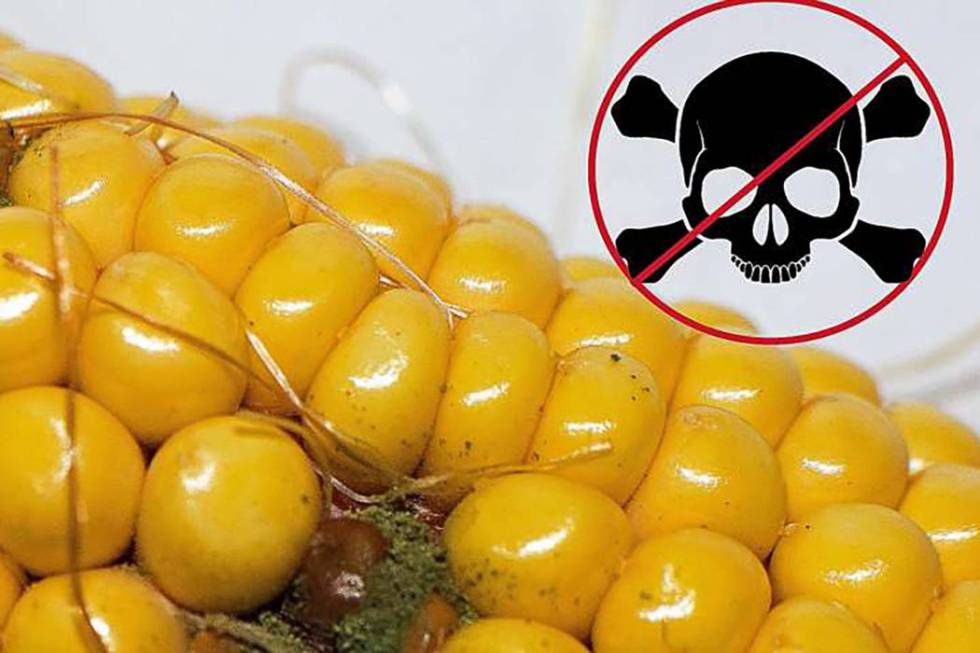Scientists create ‘Trojan horse’ molecule meant to fight fungus linked to cancer

ROME — Scientists said on Friday they had developed a new method to neutralize a dangerous fungal toxin affecting crops that can lead to cancer, childhood stunting and other health threats.
Researchers from the University of Arizona (UA) said they had created a genetically modified maize plant that is edible even when infected with a mould that produces aflatoxin, a carcinogenic substance.
About 16 million tons of maize, equivalent to almost the total output of South Africa, is thrown out each year worldwide due to contamination, as even small amounts can make an entire harvest unsafe for consumption.
In developed countries, commercial crops are screened for aflatoxin. But in many parts of the developing world contaminated food often ends up on the plate, as crops are not tested and small farmers depend on what they harvest to eat, the researchers said.
“People are unfortunately consuming unknown and dangerous levels of these toxins pretty much on a daily basis,” said Monica Schmidt, assistant professor at UA’s School of Plant Sciences.
The problem is heightened during droughts – whose frequency is expected to increase with climate change – as the fungus spreads more easily among stressed crops, she said.
In a study published in the journal Science Advances, Schmidt and her team said they had created a genetically engineered maize plant, which produces a “Trojan horse” molecule that jumps onto the fungus and shuts down its aflatoxin production.
Schmidt said the method should be transferable to other crops prone to aflatoxin contamination, like rice, soy and peanuts, as it exploits a naturally occurring biological mechanism known as RNA interference.
The method also has an advantage over other practices currently used to fight aflatoxin, like vacuum-sealed storage bags, as it tackles the fungus in the field rather than after harvest, Schmidt told the Thomson Reuters Foundation by phone.
She said initial analysis suggested the modified corn should not have any side-effect for consumers, but extensive field tests still needed to be conducted.
The toxin has been linked to stunted growth in children, increased risk of liver cancer, and higher susceptibility to HIV and malaria.
In 2004, Kenya suffered severe outbreaks of aflatoxin poisoning, which affected more than 300 people and killed more than 100 following a prolonged drought, according to the International Livestock Research Institute.